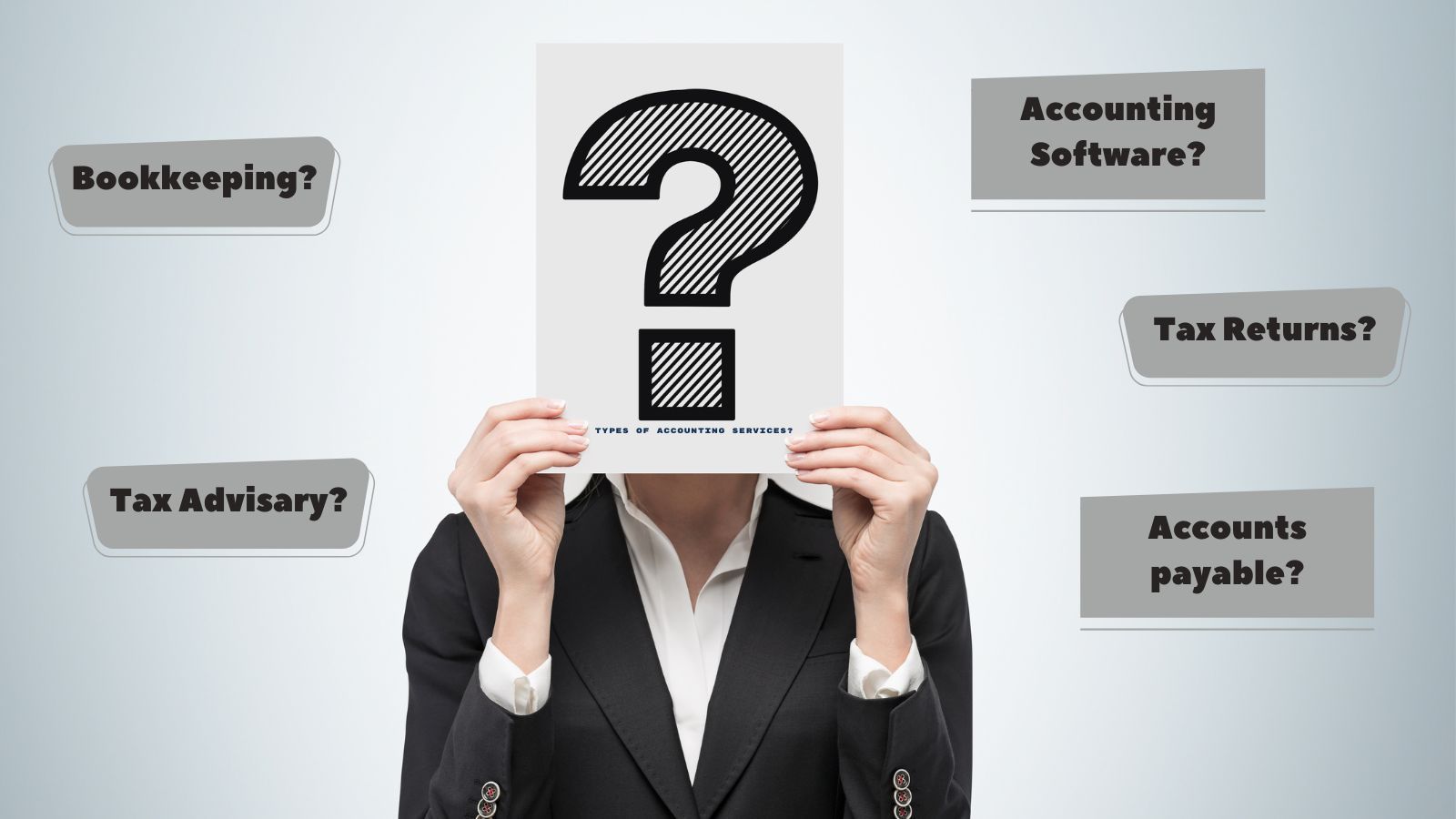Act Like a Business to Stay Outside IR35
Become Your Own Boss: Ways to Stay Out of IR35
To satisfy HMRC that you’re a genuine contractor and not an employee, present yourself as a standalone business at every stage of engagement. This means having a company name, logo, business cards, letterhead stationery and using your own email/website – not the client’s – for all communications.
Invoice for your fees rather than submitting timesheets, and maintain separate accounts. In practice, a limited company contractor should even be VAT-registered if his or her turnover is over £90,000, and paid via invoice, not payroll. Such a corporate profile (website, stationery, etc.) makes it clear you’re offering a service as a business, not as a staff member.
Crucially, work for multiple clients whenever possible. Having several concurrent clients (or at least making clear you are open to new clients) shows 'no exclusive services' – a key IR35 test. If all your clients were with one company, HMRC would likely assume you’re essentially on the payroll.
By contrast, an independent contractor markets their skills widely and sells project-based services. For example, pitch yourself as a specialist consultant or freelance expert in your field – you are the ‘controlling party’ determining how the work is done – and even consider a right of substitution in your contract (the ability to send another equally-skilled person) if possible.
In short, sell your company, not just yourself.
Beyond paperwork, adopt the mindset of an entrepreneur. Attend industry events, network on LinkedIn, and actively market your services. Keep updating your skills and consider business training if needed.
Invest in your business
HMRC expects that outside-IR35 contractors invest in and take financial risk in their own business – for example by paying for training, tools or insurance out of pocket. Indeed, contractors often profit when they finish work under budget (earning the full fixed fee), or suffer losses if projects overrun.
All of that risk and reward – plus having a business bank account with retained profits – reinforces that you’re genuinely in business on your own account.
Contractors invest in their own business for things such as training, tools, and marketing to demonstrate self-employment.
For example
Think about the situation of a company wanting a painter. They can either employ a painter themselves, or get a firm in. What would be the difference?
- Supervision
- Right of substitution
- Who has to pay to have bad work redone
- Who benefits if the work is done quicker than envisaged
- Who provides the tools.
Key Takeaways
Corporate Branding: Use a company name and branded materials (invoice, email domain, stationery).
Multiple Clients: Work for several clients at once; avoid “exclusivity”.
Entrepreneur Mindset: Market yourself, invest in your business, and portray confidence as an expert.
Financial Risk: Spend your own money on tools/training – it proves you take on the business risk.
Right of substitution: - sending someone in your stead.
I help contractors navigate the complex IR35 landscape with confidence, ensuring you remain compliant while optimising your tax position. Call my office for more information or a free consultation.












